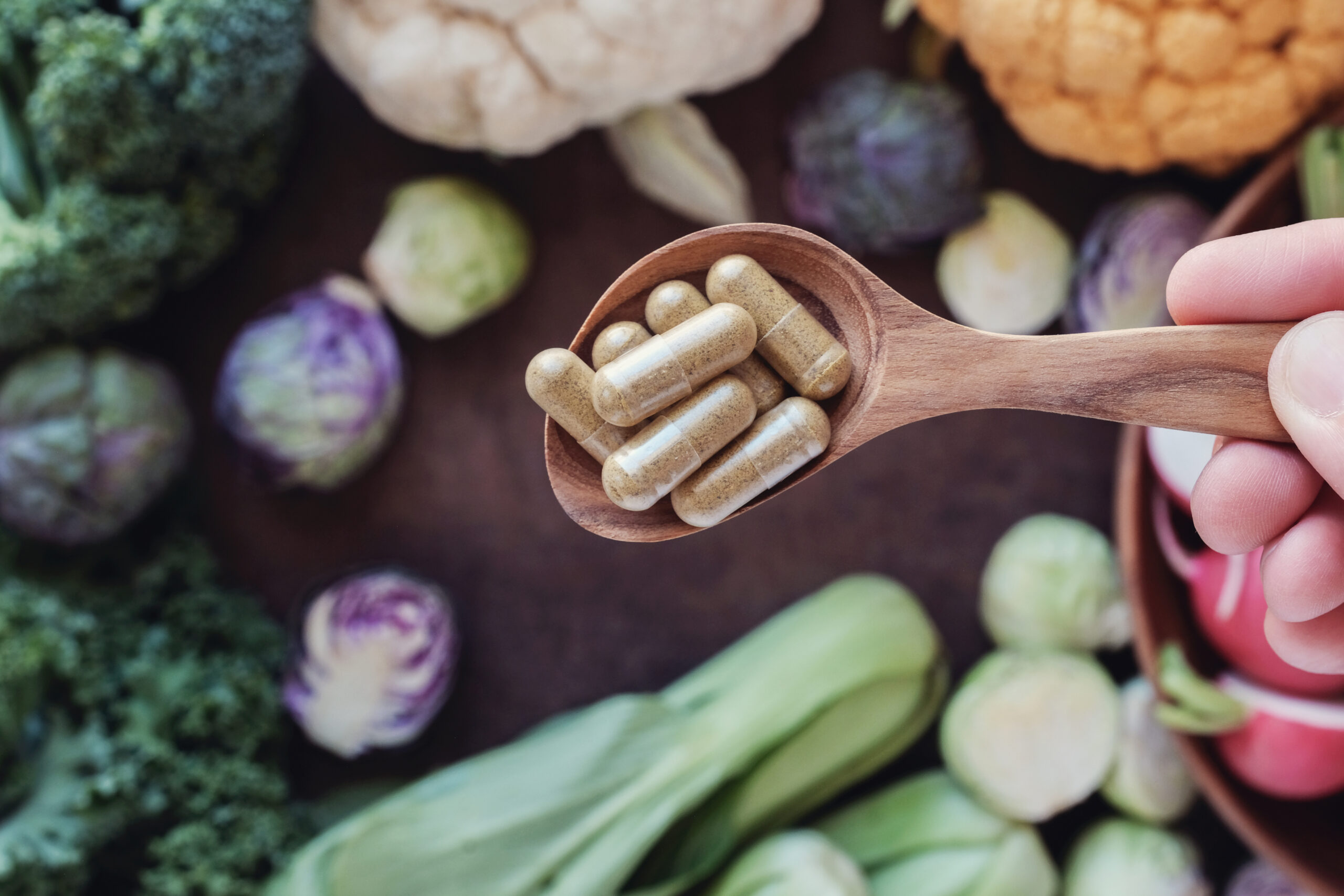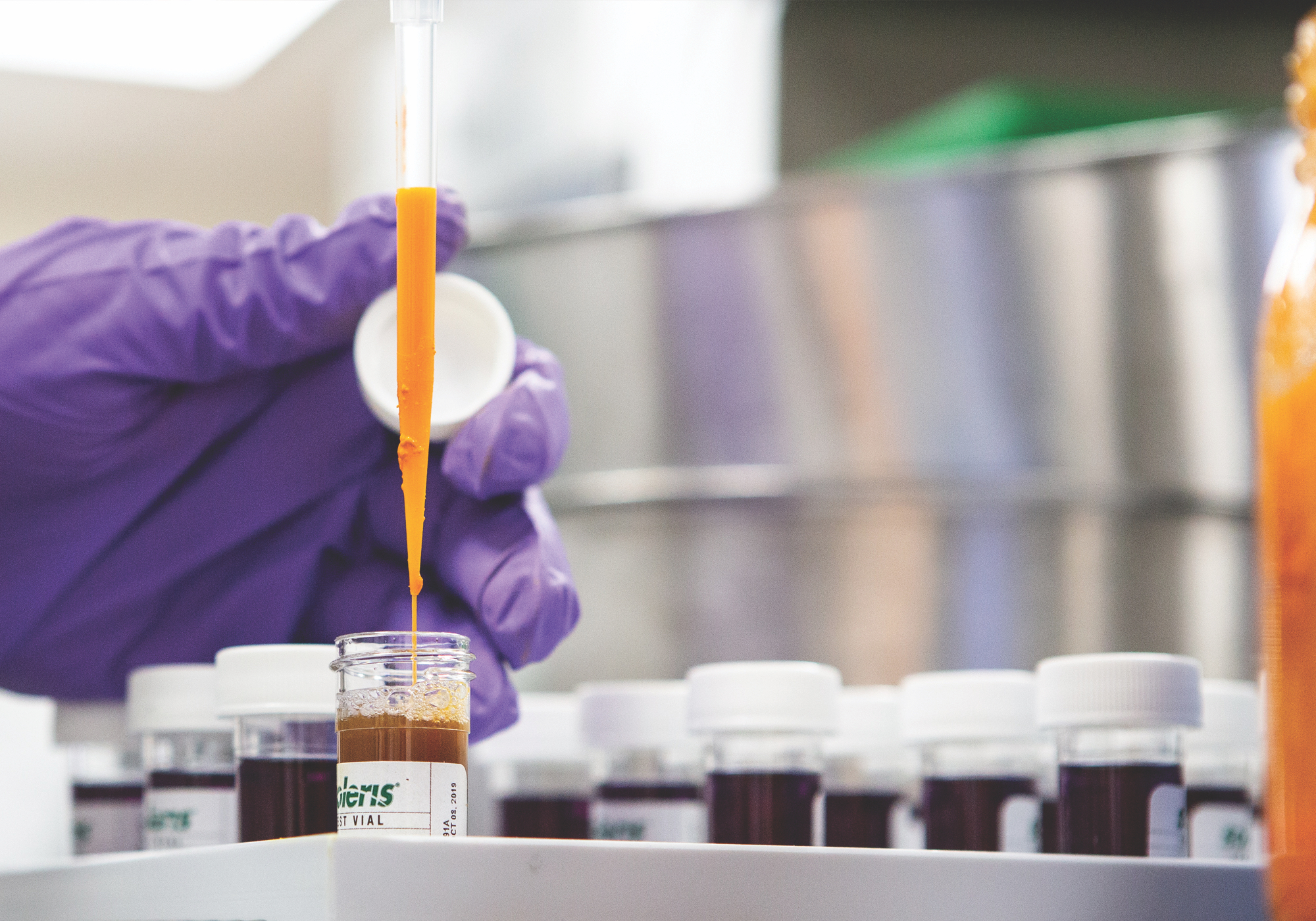Scientific name:Ziziphus jujuba
Constituents:
- Triterpenoid Saponins: jujubosides A & B
- Triterpene acids (e.g. betulinic acid, oleanolic acid, ursolic acid, betulonic acid, oleanonic acid, and ursonic acid)
- Alkaloids (sanjoinine A & nuciferine)
- Flavonoids (Rutin & quercetin)
- Phytosterols
- Polysaccharides (Pectin)
- Vitamins (C, B & others) & Minerals (Potassium, Calcium, Magnesium & Iron)
- Volatile Oils
Medicinal actions:
- Antioxidant
- Antimicrobial
- Cytotoxic (Anticancer)
- Demulcent
- Hypoglycemic
- Hypotensive
- Nervine Relaxant & Sedative
- Nutritive
- Vulnerary
Mechanism of Action & Pharmacology:
- Triterpene saponins (Jujuboside A) and Alkaloids (sanjoinine A & nuciferine) appear to be involved in depressing activity of the central nervous system, which reduces anxiety, induces sleep, and potentially elevates mood.
- Jujuboside A has been studied to determine its effects on the brain in-vivo and in-vitro, and was found to have inhibitory effects on hippocampal formation and glutamate-mediated excitatory signal pathways in animal models. Sanjoinine A’s anxiolytic effects may be mediated by GABAergic transmission.
- Betulinic acid has been shown to inhibit the growth of cancer cells in vitro, and has been found to selectively kill human melanoma cells, while leaving healthy cells alive. Has also been found to have anti-inflammatory and anti-bacterial properties, and inhibits the growth of both Staphylococcus aureus and E. coli.
- Extract has been found to stimulate nitric oxide release in vitro, in cultured endothelial cells, and in vivo in the kidney tissues of rats. It is theorized that this mechanism may contribute to its hypotensive & anti-nephritic actions by increasing renal blood flow.
Pharmacy:
- Decoction
- Tincture
- Capsules
- As food
Safety & Toxicity Concerns:
- Avoid in pregnancy above culinary amount (potential uterine stimulant).
Interactions:
- Potential additive effects with anticonvulsant, diabetic sedative and hypotensive agents.







